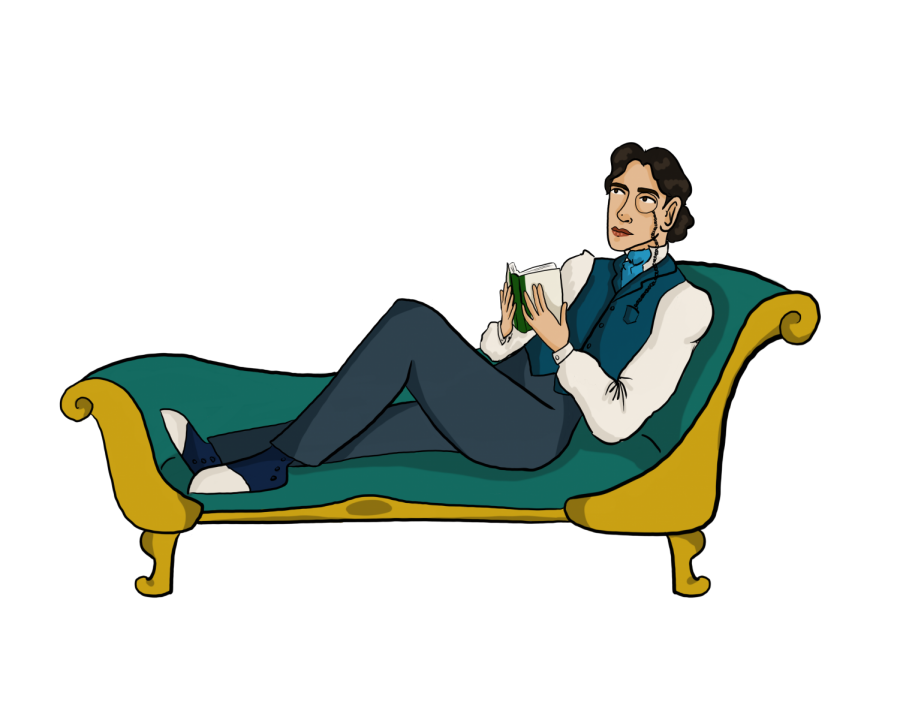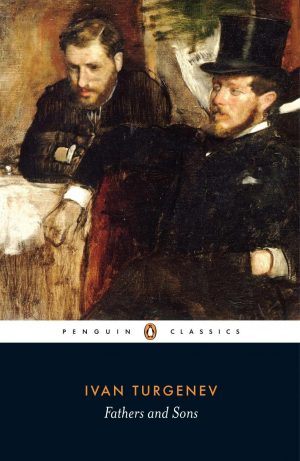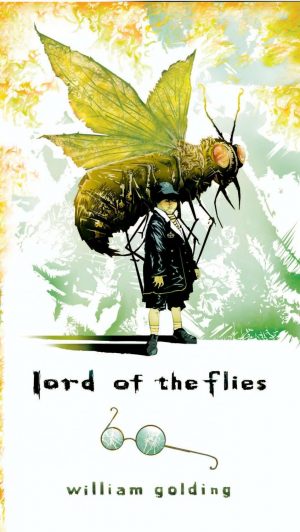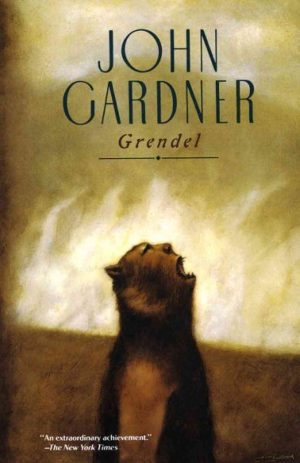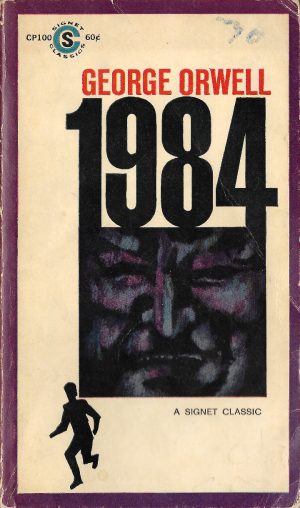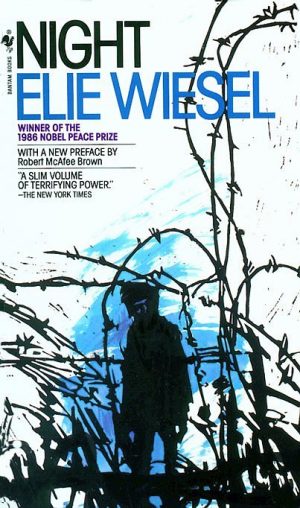SENIOR SECTION: Melina’s final Booket List
In an effort to wrap up these last four years on The Roar staff, I decided to rank my top five favorite books from the SCHS English curriculums I experienced: English 9 and 10 Honors, AP English Language and Composition, and AP Literature and Composition.
I’d like to acknowledge that all of these books lack diversity. In no way am I trying to hold these books above other works of literature. I am merely picking from the curricula mentioned above, which happen to feature mostly male and white authors. This list is all in good fun, and I am looking at the positive aspects of the following books; any nuanced arguments simply don’t fit on our page. I encourage students to be critical of assigned books and to branch out beyond school for more unique and underrepresented stories.
5. “Fathers and Sons,” Ivan Turgenev (AP Literature and Composition): When I first began Turgenev’s “Fathers and Sons,” I thought it was a quintessential nihilistic-Russian-lit novel, but was pleasantly surprised. It documents some privileged whiny college students trying to seem cooler than they actually are in the face of their loved ones, and yet the story really stuck with me. There is an unexpected softness to the ending, and themes that surround the disconnect between young adults and their parents – something relatable for an almost-college student. The characters are easy to make fun of in a lovable way, and in general, the environment set up throughout the story is a great backdrop for exploring universal and timeless human experiences.
4. “The Lord of the Flies,” William Golding (English 10 Honors): I am a sucker for stories about snotty schoolboys doing stupid things, so I adored Godling’s “The Lord of the Flies.” The novel details the corruption of humanity through a group of boys stranded on a deserted island with no adults. I find this concept so interesting, and Golding does a great job of establishing the characters and their relationships. The themes touch on the nature of humanity, and my class had many discussions surrounding inherent evil that produced laughs, as well as advanced reflection. “The Lord of the Flies” made me think about humanity in a new way, all through an interesting and unique story. (#piggydeservedbetter)
3. “Grendel,” John Gardner (AP Literature and Composition): I don’t particularly enjoy the story of “Grendel” – which details a backstory for the main villain in the epic “Beowulf” – but the writing in this novel is too good to not include. Albeit short, “Grendel” demonstrates so many layers of symbolism and allusions that in order to appreciate the work, multiple close reads are necessary. Grendel’s voice embodies the angsty teenager, and reminded me of one of my other favorite literary teens: Holden Caulfield. I liken the story to Salinger’s “The Catcher in the Rye” but with monsters instead of teenagers, which one could argue are one in the same. “Grendel” is filled with incredible prose and technique presented through a ridiculous protagonist.
2. “1984,” George Orwell (English 10 Honors): I had been extremely excited to read “1984” as I had read Orwell’s “Animal Farm” on my own in eighth grade and fell in love with his style of writing. “1984” covers a dystopian future wherein speech is government-controlled and the citizens of the world are stripped of free will and free thought. Beyond being a story to warn readers of the power of government, the characters are somehow loveable, and I grew attached to them. I instantly felt for protagonist Winston, the recluse “journalist” who mostly keeps to himself. “1984” is a powerful story of love and humanity in the face of corruption, as well as being a classic that lives up to its hype.
1. “Night,” Elie Weisel (English 10 Honors): I may be partial to this book because it was the only one I could find any real representation in, but I’d argue that Weisel’s “Night” is one of the best-written pieces I remember from high school. Documenting his own experience in the Holocuast, Weisel is able to bring readers into a time and place that no human should have to experience. Every word feels as if it has been selected with care, and the entire novella comes together to portray struggles that can somehow be applied outside the context of the work as well. With a poignant story that lastingly impacted a sophomore-aged Melina, “Night” is my number one favorite book I read from the SCHS English curriculum.


